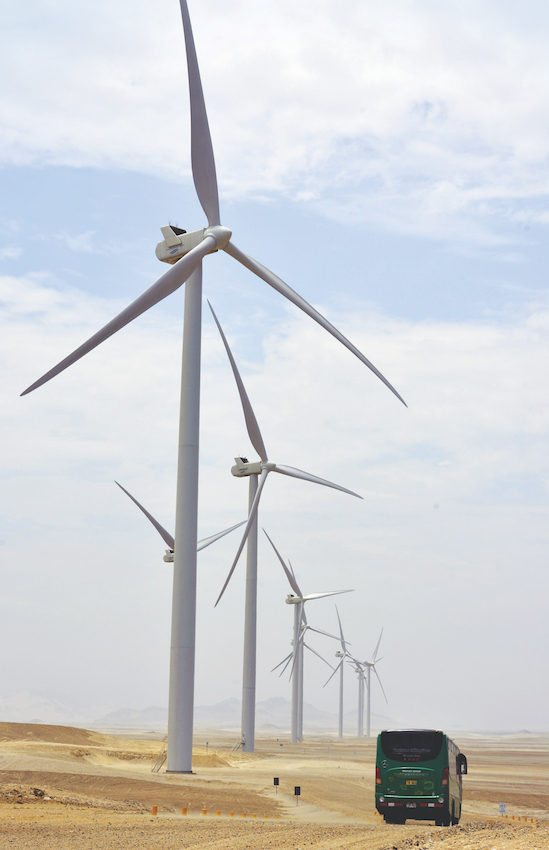Wind Power Gains Traction in Saudi Arabia as Oil Dependence Wanes
Saudi Arabia, the world's largest oil exporter, is witnessing a turning point in its energy sector. The kingdom recently signed agreements for a record-setting 1. 1 gigawatts (GW) of wind power capacity, marking a significant stride towards its ambitious target of awarding 20 GW of renewable energy projects this year. This surge in renewable energy is directly contributing to a decrease in the country's reliance on burning oil for electricity generation.
The first quarter of 2024 saw a slight decline in Saudi Arabia's oil consumption for power generation. This trend, while positive, needs to be sustained throughout the year to achieve a lasting impact. The Saudi Power Procurement Company (SPPC) is spearheading this transition by signing power purchase agreements (PPAs) with developers. The latest agreements, with a consortium led by Japan's Marubeni, involve two wind farms and set new benchmarks for low wind power tariffs.
This push for renewables stems from a multi-pronged strategy. Diversifying the energy mix reduces Saudi Arabia's dependence on a finite resource and the price fluctuations of the global oil market. It also allows the kingdom to preserve its valuable crude reserves for export. Additionally, renewables offer a cleaner alternative, mitigating the environmental impact of fossil fuel reliance.
The record-breaking wind award is a significant development, but it represents just one step in a long-term journey. Saudi Arabia has vast potential for solar and wind power generation, given its abundant sunshine and strong winds. However, large-scale integration of renewables into the national grid will require significant investment in transmission and storage infrastructure.
The government is actively addressing these challenges. The National Renewable Energy Program (NREP) serves as the roadmap for this transformation, aiming to achieve a target of 50 GW of renewable energy capacity by 2030. This ambitious plan is backed by substantial financial resources and a commitment to attracting foreign investment in the renewable energy sector.
The transition away from oil dependence presents both opportunities and uncertainties for Saudi Arabia. While new green jobs will be created in the renewable energy sector, the decline in oil production could impact government revenue and employment in the traditional oil industry. The kingdom is implementing programs to retrain and redeploy workers affected by the changing energy landscape.
The global energy sector is undergoing a significant transformation, and Saudi Arabia is strategically positioning itself to adapt and thrive in this new era. The record-breaking wind award and the kingdom's commitment to renewables are positive indicators of its progress in diversifying its energy mix and reducing its reliance on oil. The success of this transition will be contingent upon continued investment in infrastructure, workforce development, and technological advancements.
مشاركة:

